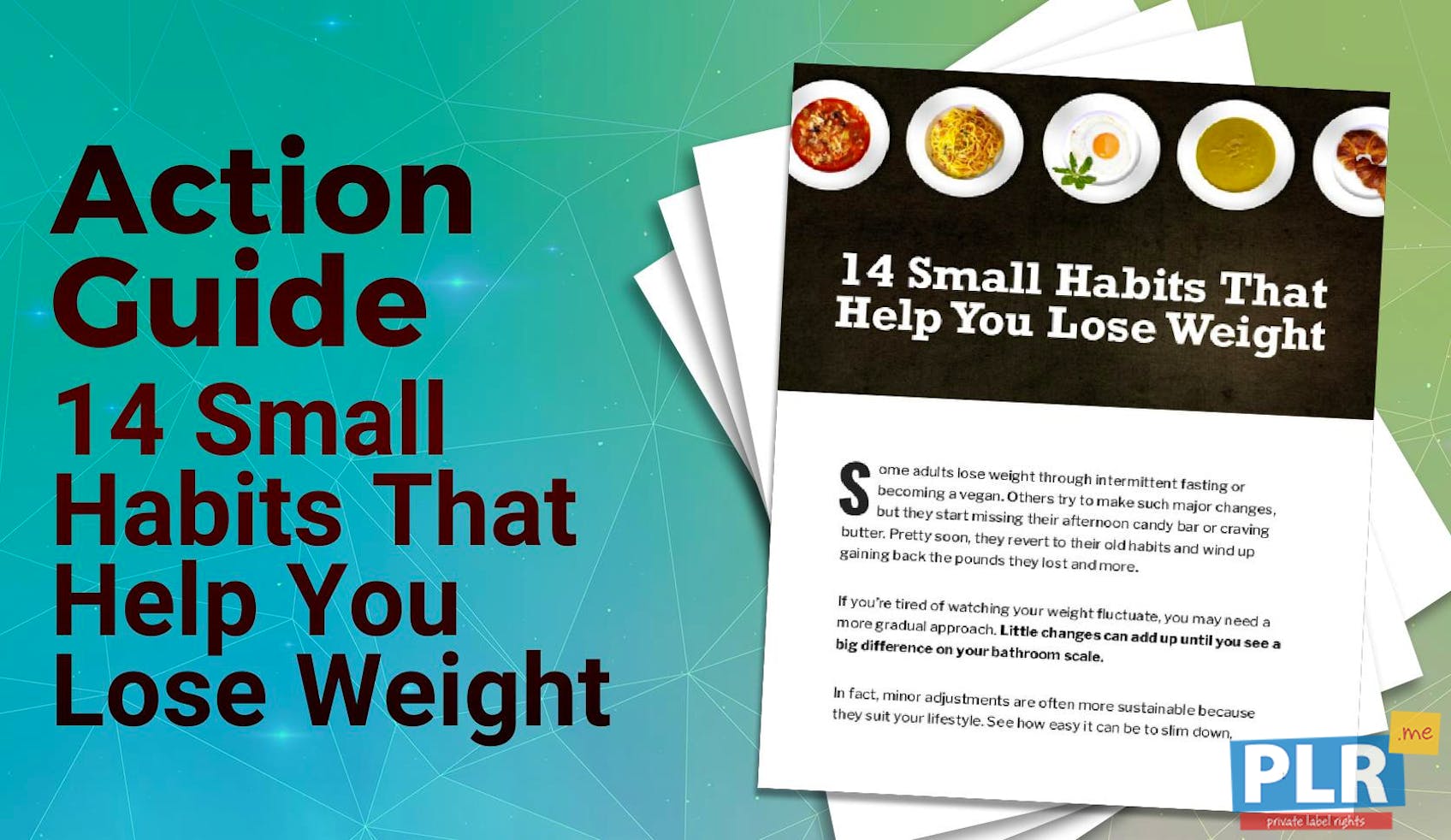
Losing weight is a common goal for many people. It requires a combination of healthy eating, regular exercise, and lifestyle changes. Here’s a guide to help you achieve your weight loss goals in a sustainable way.
Understanding Weight Loss
- Calories In, Calories Out: To lose weight, you need to burn more calories than you consume. This is often referred to as creating a calorie deficit.
- Healthy Weight Loss: Aim for a gradual and sustainable weight loss of 1-2 pounds per week. Rapid weight loss is often unsustainable and can lead to muscle loss.
Healthy Eating Habits
- Balanced Diet: Focus on a diet rich in fruits, vegetables, whole grains, lean proteins, and healthy fats.
- Portion Control: Be mindful of portion sizes to avoid overeating.
- Limit Processed Foods: Reduce your intake of processed foods, which are often high in unhealthy fats, added sugars, and sodium.
- Stay Hydrated: Drink plenty of water throughout the day to stay hydrated and support your metabolism.
Regular Exercise
- Cardiovascular Exercise: Engage in activities that raise your heart rate, such as running, swimming, cycling, or dancing.
- Strength Training: Build muscle mass with resistance training exercises to boost your metabolism and burn more calories.
- Find Activities You Enjoy: Choose activities that you find enjoyable to make exercise more sustainable.
Lifestyle Changes
- Mindful Eating: Pay attention to your hunger and fullness cues. Avoid distractions while eating and savor your food.
- Get Enough Sleep: Aim for 7-9 hours of quality sleep each night. Lack of sleep can disrupt hormones related to hunger and satiety.
- Manage Stress: Chronic stress can contribute to weight gain. Practice stress management techniques like meditation, yoga, or deep breathing.
- Seek Support: Surround yourself with supportive friends and family who can encourage your weight loss journey.
- Be Patient: Weight loss takes time. Don’t get discouraged by setbacks. Stay consistent with your healthy habits and celebrate your progress.
Tips for Success
- Set Realistic Goals: Set achievable weight loss goals to stay motivated.
- Track Your Progress: Keep a food journal and exercise log to monitor your progress and identify areas for improvement.
- Reward Yourself: Celebrate your achievements with non-food rewards, such as a new workout outfit or a relaxing activity.
- Consult a Healthcare Professional: If you have any underlying health conditions or concerns, consult with a doctor or registered dietitian for personalized guidance.
Remember, sustainable weight loss is about making healthy lifestyle changes that you can maintain long-term. By combining healthy eating, regular exercise, and lifestyle changes, you can achieve your weight loss goals and improve your overall health and well-being.

